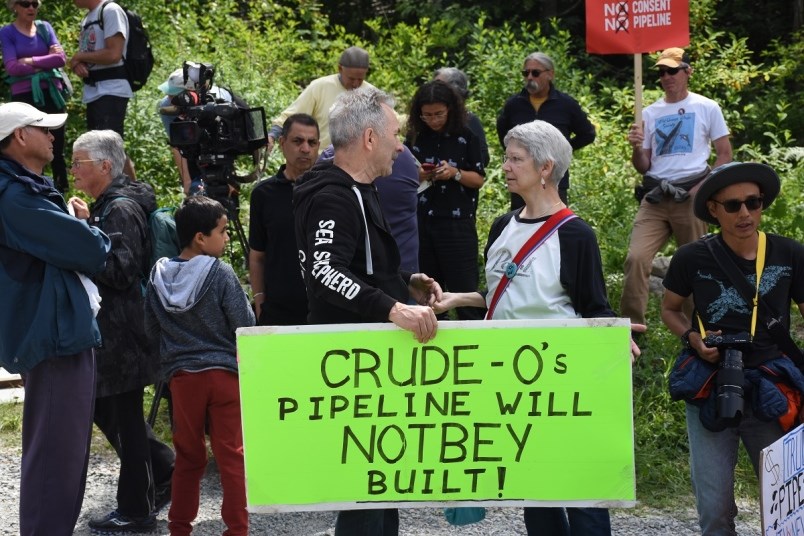Prime minister Justin Trudeau has done two things that may transform his image from a soft vacillator to a tough politico prepared to make the bold calls.
Whether this works for him will not be known until he tests the electorate next year, but anytime a political leader seems tougher, things tend to work out for the better.
Trudeau bought a controversial pipeline, knowing the heated reaction that would get.
He also stood up to bullying U.S. President Donald Trump over proposed tariffs on Canadian steel and aluminum.
In proposing to take the pipeline off Kinder Morgan’s hands and have the federal government – potentially, if no private investor(s) can be found – construct the second line, Trudeau followed through on his vow that “this pipeline will be built.”
That he had no real option but to go into the pipeline business is one thing, but to actually do it, knowing the gasps such action would induce in various quarters (including a good chunk of his supporters) still took a measure of political steeliness.
Trudeau has chosen to cast his lot with business and industry and the economy, instead of with environmental activists.
This break had to occur at some point, over some issue. A government cannot govern effectively by shutting down a big part of the Canadian resource sector, a move that could lead to an economic downturn (if not an outright economic disaster).
Politically, the Conservatives cannot effectively attack Trudeau over his pipeline move because they also support the project. Federally, the political party most opposed to the pipeline is the NDP, but it is going nowhere fast, with a leader who has not come close to resonating with voters.
Trudeau can afford to lose a chunk of his environmental wing since it really has nowhere else to go. To be sure, there will also be many who do not like spending tax dollars on pipelines, but Trudeau is gambling that will not be a vote-changer for many.
As for Trump, the prime minister – who has had a good enough relationship with the president in the past to be called by some as the “Trump whisperer” – used unusually strong language in condemning the tariffs and then had his government launch its own set of counter-tariffs to the tune of more than $16 billion.
The move is not without risks. Given Trump’s volatility, Trudeau’s tough talk and action may harden Trump’s position.
Then again, he may be able to move Trump off his strategy (if there is indeed an actual strategy in play) as the mid-term U.S. elections approach.
In any event, the Trudeau we are seeing emerging seems different from the apparent celebrity lightweight many thought him to be just a few years back. He seems tougher and less soft, and that may bode him well.



